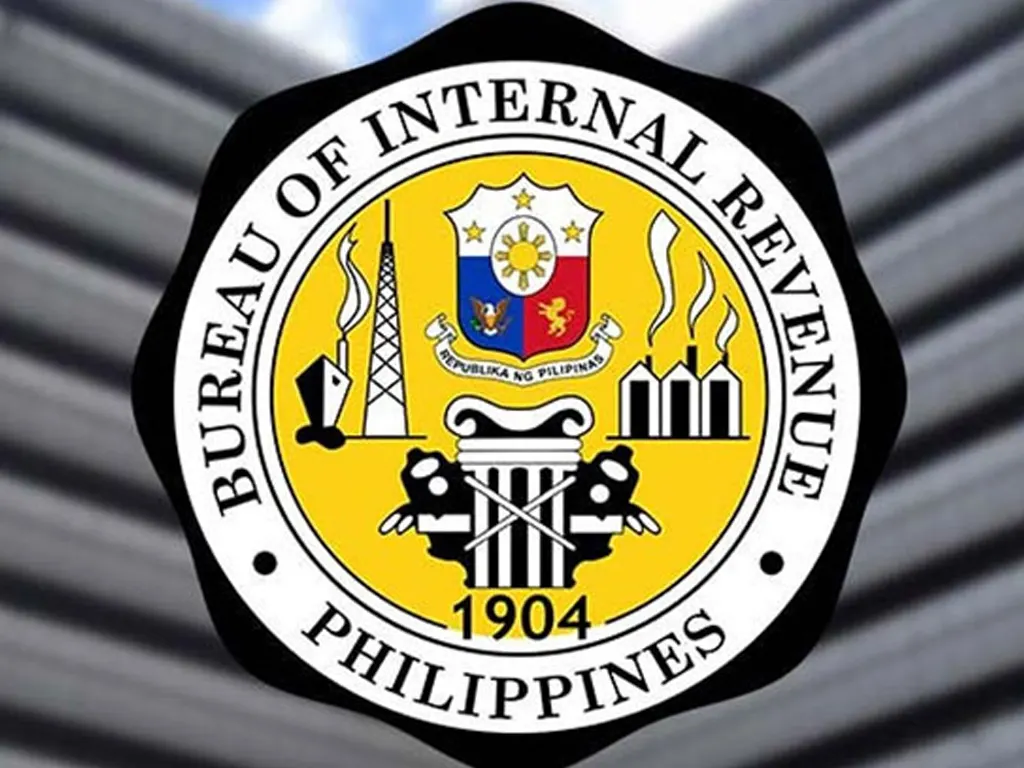
A LAWMAKER has slammed the Bureau of Internal Revenue (BIR) for relying only on the voluntary tax declarations of social media influencers, questioning whether the agency is failing to properly enforce tax laws.
“Yung mga nababayarang content creators, are you monitoring if they are paying taxes to our government?” ACT Teachers Rep. France Castro asked during the TriCom congressional hearing on fake news online.
Atty. Yves Gonzalez, a representative from YouTube, clarified that the platform does not monitor whether Filipino content creators pay taxes.
“On the part of YouTube, we do not. And we believe the local internal revenue service are the ones who are monitoring that,” Gonzalez stated.
However, BIR officials admitted that they rely only on self-reporting by influencers, as their earnings primarily come from foreign payors.
“As stated by our colleague, we rely only on the voluntary declaration of the influencers in so far as their income because there will be great difficulty in monitoring the same considering that their income primarily comes from foreign income payors,” said BIR’s Atty. Tobias Gavin Arcilla.
Castro was visibly dissatisfied, questioning why the BIR is merely waiting for influencers to voluntarily declare their income instead of proactively obtaining data from social media platforms.
“Are we not doing our job well or are we remiss? Kasi bakit sinasabi nyong voluntary?” she asked.
“Andiyan naman yung platform, yung Google Philippines o yung YouTube. You can ask from them yung list ng mga nagge-generate ng income. So bakit nag-aantay tayo ng voluntary from the content creator?”
Arcilla defended the BIR’s actions, saying that the agency is limited by current laws on tax investigations.
“Just to clarify, under existing tax laws, we cannot just investigate any taxpayer. As per existing tax laws, audits are done randomly or based on those who are classified as high risk. That is why we cannot just audit any taxpayer,” he explained.
Castro pointed out that this may indicate loopholes in the tax system, which Congress may need to address.
“Baka merong loopholes sa ating batas, doon sa BIR. Kasi nga gusto natin talaga to generate revenue from those engagements,” she said.
“In aid of legislation, we have to review yung sinasabi ng ating BIR resource person, na wala sa kanilang mandate na ‘yung talagang regular ba o random yung kanilang pag-investigate and monitoring,” she said.
Meanwhile, Antipolo City Rep. Romeo Acop questioned the legal basis for how the BIR handles taxation of influencers.
“What exactly is the law governing this?” Acop asked.
Arcilla responded that the BIR follows the Tax Code and its implementing rules and regulations.
“The tax code as amended and our implementing rules and regulations,” he said.
Acop then asked if the BIR is aware of Revenue Memorandum Circular No. 97-2021, which specifically governs the taxation of social media influencers.
“Are you aware of Revenue Circular Memorandum No. 97-2021? Ano po ba ang title ng Memorandum Circular na yun?” Acop pressed.



